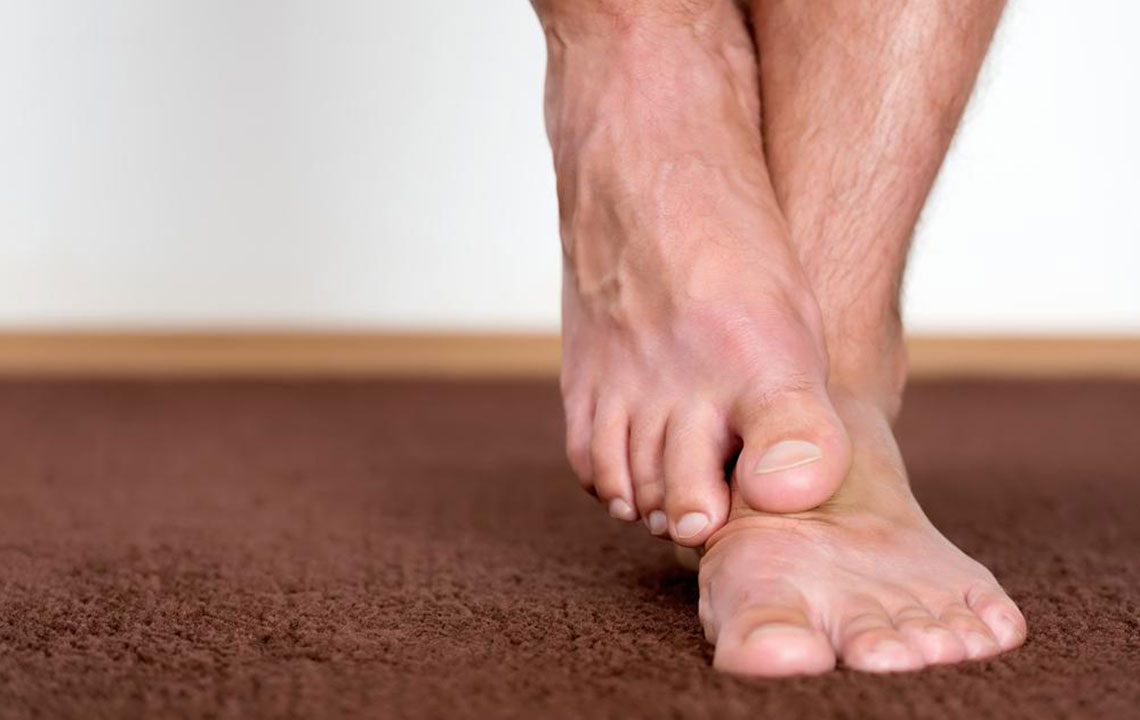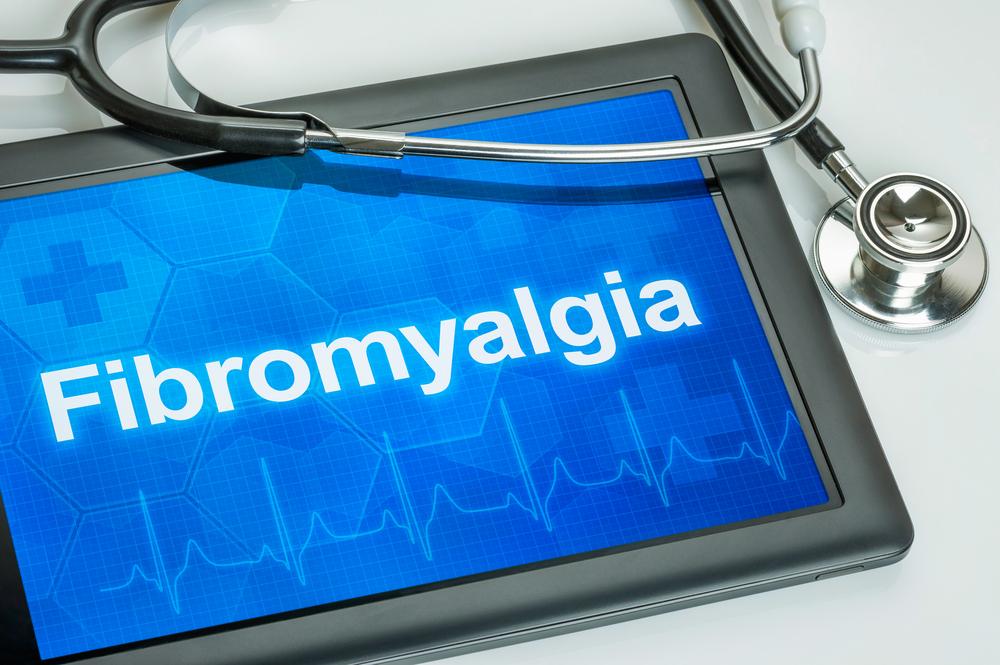Comprehensive Strategies for Managing Neuropathic Discomfort
Discover effective strategies for managing neuropathic discomfort, from medications to lifestyle changes. This guide covers symptoms, OTC remedies, alternative therapies, and when to seek professional help. Improve your quality of life with tailored treatment options for ongoing nerve pain relief.

Strategies for Managing Neuropathic Discomfort Effectively
Neuropathic discomfort is a long-lasting condition arising from injury, illness, or infection, often without a clear cause. Unlike typical pain from immediate injury, neuropathic pain results from abnormal nerve signals sent to the brain, which can produce burning, stabbing, or shooting sensations. These symptoms may occur sporadically or persistently. Various treatment options exist to alleviate this type of pain, including medications and lifestyle measures, helping improve quality of life.
Common signs of neuropathic discomfort
Signs can vary but often include:
Shooting, burning, or stabbing pain
Tingling, numbness, or sharp sensations
Spontaneous pain episodes
Pain triggered by minor stimuli like cold or touch
Feeling of nausea or unease
Sleep disturbances
Sensory loss
Approaches to manage neuropathic discomfort
Since this condition can be disruptive, consulting healthcare professionals is essential for tailored treatment, which may include prescribed medications.
Beyond prescription drugs, several over-the-counter remedies and lifestyle techniques can help ease symptoms, especially in mild cases.
OTC options for neuropathic discomfort
Topical analgesics
Creams and ointments with capsaicin or anesthetic agents can be precisely applied to pain sites for quick relief. These are particularly beneficial for localized, ongoing discomfort.
Pain relievers
Several OTC medicines are available for mild pain management. However, severe or persistent pain warrants medical consultation, and prolonged use of painkillers should be avoided to prevent dependency.
Vitamins and supplements
In some instances, vitamin B12 deficiency contributes to neuropathic pain. Supplementing with B12 injections or oral forms can help. For diabetic neuropathy, supplements like alpha-lipoic acid or acetyl-L-carnitine may also provide relief.
Alternative non-prescription therapies
Acupuncture
May stimulate nerve-related chemicals and block pain signals, aiding symptom relief.
Physical therapy
Guided exercises may reduce discomfort and improve mobility.
Massage therapy
Can relax muscles and reduce spasms.
Assistive devices
Using supports like braces or canes can help compensate for muscle weakness and ease movement.
Stress reduction methods
Practices such as yoga, meditation, and deep breathing can relax nerves and reduce pain perception.
Balanced diet
Eating nutrient-rich foods and minimizing alcohol intake supports overall nerve health, working in tandem with other treatments.
While medications are vital, these supportive techniques can also significantly improve life quality. Persistent pain warrants seeking specialized medical advice to create personalized treatment plans.
Note:
Our blog offers diverse, practical insights across various health topics. Though our research aims to provide accurate information, it shouldn't substitute professional medical advice. Consult healthcare providers for diagnosis and treatment plans tailored to your needs. The site does not endorse specific treatments or offers and recognizes that individual experiences may vary.










